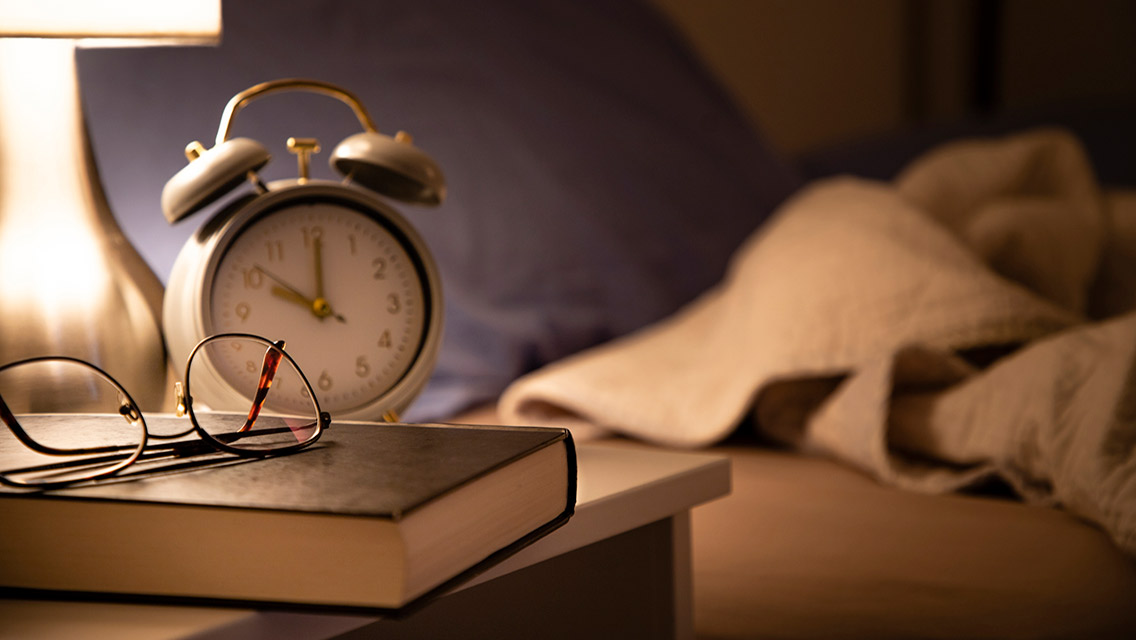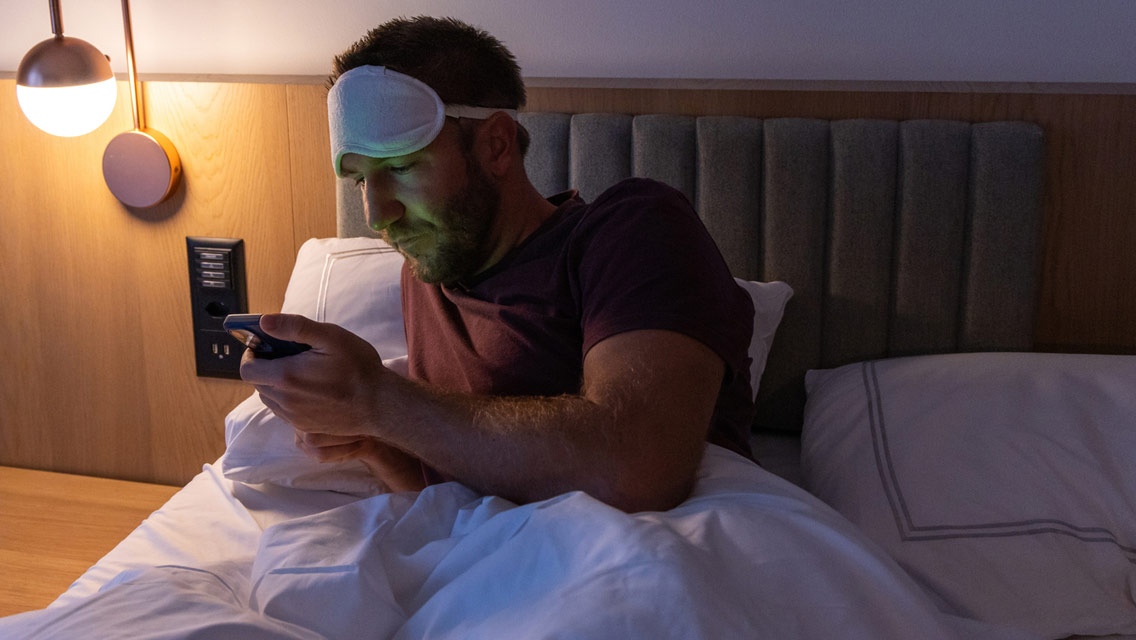Remember those glorious nights when you slipped effortlessly into oblivious slumber the moment your head hit the pillow and snoozed without interruption for the next eight hours or so, awakening refreshed and ready to face the day? Yeah . . . me neither.
A good night’s sleep is often a distant memory for seniors. Compared with our younger counterparts, we tend to fall asleep more slowly, wake up more frequently, and spend less time in the type of restorative sleep that our bones, muscles, brains, and immune systems need to function properly. A 2014 survey of older Medicare beneficiaries that Alisha Haridasani Gupta cites in the New York Times found that more than half of the 6,050 respondents reported at least one insomnia episode during the preceding month.
“We’re only just starting to understand why all of this happens,” Luis de Lecea, PhD, a Stanford University professor of psychiatry and behavioral sciences, tells Gupta. His recent research suggests that we’re more likely as we grow old to host overly stimulated neurons that can disrupt sleep patterns. Other studies point to the deterioration of a brain region known as the suprachiasmatic nucleus that can dysregulate our circadian rhythms. Melatonin levels, often key to sleep–wake cycles, can also go haywire as we age.
Then there’s the weight gain over the years that can lead to sleep apnea, and the diuretic effects of common blood pressure drugs and other medications that can lead to disruptive bathroom trips throughout the night. Depression, loneliness, grief, and other mental health conditions can also keep us awake.
And it’s not just about feeling groggy and irritable: A long-term pattern of disrupted sleep can shorten our lifespans. Results of a study published earlier this year in the Journal of the American College of Cardiology showed that participants who regularly enjoyed a full night’s sleep — without the aid of pharmaceuticals — were 30 percent less likely to die for any reason than their more sleep-deprived counterparts during a four-year follow-up period.
Frank Qian, MD, MPH, then a clinical fellow in medicine at Harvard Medical School, and his team analyzed sleep and mortality data from 172,321 participants (average age of 50) in the National Health Interview Survey between 2013 and 2018. They then sorted positive sleep patterns of participants into five groups:
- Those who slept seven to eight hours a night
- Those who reported difficulty getting to sleep no more than twice a week
- Those who had trouble staying asleep no more than twice a week
- Those who did not use any sleep aids
- Those who said they woke up feeling refreshed at least five days a week
After adjusting for demographic factors and various medical conditions, Qian and his team concluded that participants who checked all five boxes tended to live longer (males by 4.7 years; females by 2.4 years) than those who reported zero or only one of the favorable sleep patterns. “If people have all these ideal sleep behaviors, they are more likely to live longer,” Qian says. “So, if we can improve sleep overall, and identifying sleep disorders is especially important, we may be able to prevent some of this premature mortality.”
Or maybe we could just exercise more frequently.
That’s the conclusion a team of Chinese researchers came to in a recent report published in the European Journal of Preventive Cardiology. “The study showed that increased physical activity weakened the mortality risks associated with short or long sleep duration,” explains study author Jihui Zhang, PhD, of Guangzhou Medical University.
Zhang and his colleagues reviewed data from the UK Biobank database on sleep behavior and physical activity levels among 92,221 adults (average age of 62) who wore an accelerometer wristband over a seven-day period between 2013 and 2015. Accounting for various demographic variables, the team found that poor sleep patterns did not increase the risk of death during a seven-year follow-up period for those who met the World Health Organization’s recommended levels of exercise (at least 150–300 minutes of moderate-intensity aerobic physical activity per week).
“In an ideal scenario, people would always get healthy amounts of both sleep and physical activity,” Zhang notes. “However, our study indicates that getting sufficient exercise may partially offset the detrimental impact of missing a good night’s sleep.”
I suspect he’s not talking about rolling your sleep-deprived body out of bed and setting out on a 10-mile run before breakfast. That would certainly wake you up, but Zhang is suggesting a more long-term strategy to counter the lifespan-slashing effects of poor sleep: establish and maintain a solid exercise regimen. He might even call it the stuff that dreams are made of.





This Post Has 0 Comments